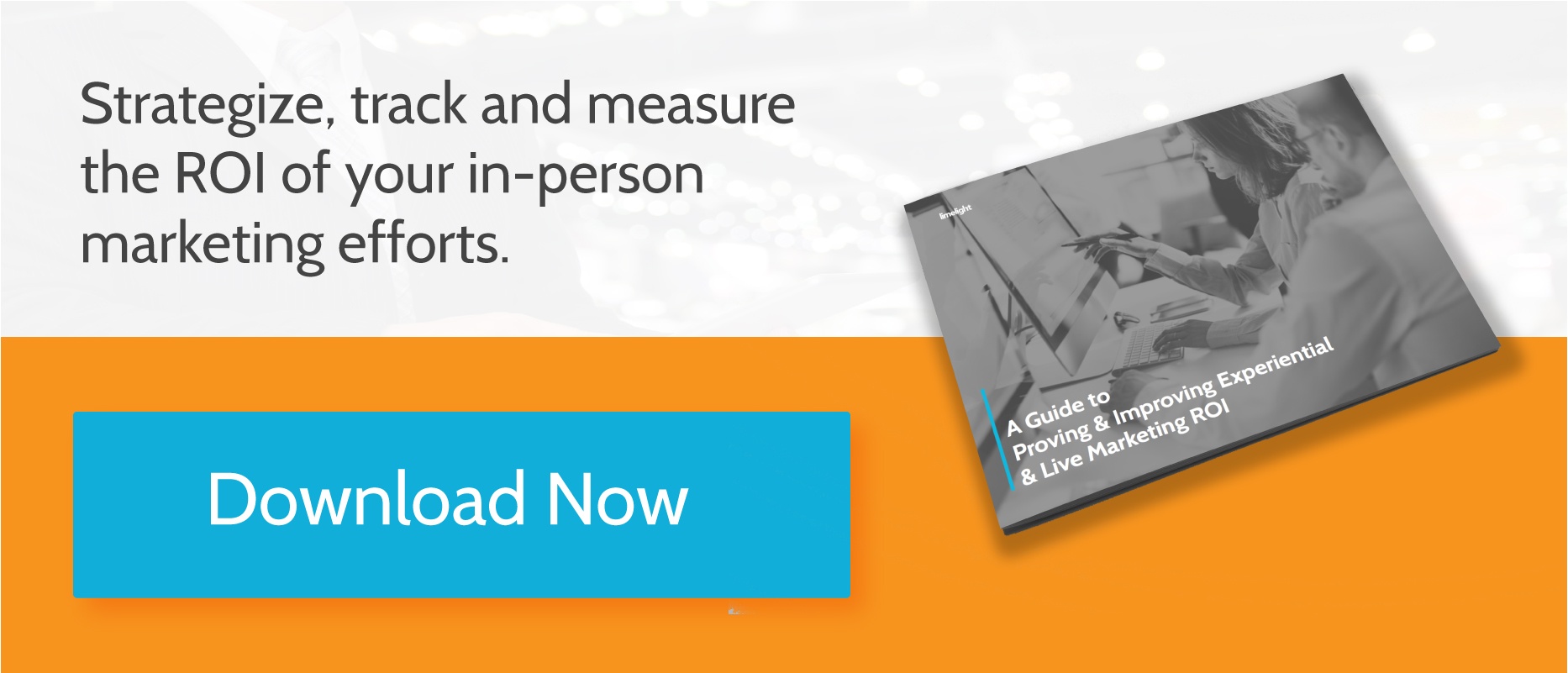What Role Does Experiential Marketing Play In Measuring And Building Brand Loyalty?
.png?width=50&name=download%20(1).png) By
Julia Manoukian
·
2 minute read
By
Julia Manoukian
·
2 minute read
Most marketers think they have a solid understanding of their brand. But what does their audience really think? Perception vs. reality is an important concept in marketing, and discovering how people view a company helps marketers make more accurate business-related decisions. Here's how to build brand loyalty and discover how consumers perceive a business.
Use Experiential Marketing
Experiential marketing is a great way to measure brand perception. Companies can collect information from consumer at live events like trade shows, pop-up events and conferences and use this data to influence future sales and marketing campaigns. Experiential marketing works, and there's plenty of data to back up this claim. Sixty-five percent of brands, for example, believe experiential programs result in higher sales, while 70 percent of people become regular consumer after they visit an experiential marketing event.
Experiential marketing is so important because marketers can discover more about their company's consumer and find out the age, location and interests of the average consumer. All of this information is essential for measuring brand perception.
Research even suggests that experiential marketing has a positive influence on how consumers view a brand. In one study, 286 consumers in their 20s and 30s perceived sportswear brands who used experiential marketing in a more favorable light than companies who didn't use this marketing technique.
Use Data-driven Experiential Marketing
Data-driven marketing is a crucial tool for brand perception. This technique helps marketers discover what their audience really think about their brand's core values, objectives and goods and services. Marketers use quantitative data-driven techniques like surveys and data capture at live events to track consumer as they progress through the sales cycle.
Once a company knows how consumers feel about its brand, it can start to make changes to its marketing and sales models. If the company gets this right, it could boost brand loyalty -- a pattern of consumer behavior where consumer purchase goods from the same company instead of competitors. Brand loyalty is really important in marketing.
Consumers identify authenticity as one of the top qualities that attract them to a brand. Moreover, brand authenticity is the second most important deciding factor for millennials when it comes to choosing companies to support.
Use Marketing Automation Software
Marketing automation software lets marketers track consumers at live events and keeps valuable data in one place. These programs provide companies with in-depth insights into consumers so users can solve problems and build brand loyalty. It's proven that marketers who leverage marketing automation shorten sales cycles, as well as improve lead management and nurturing.
The best software measures a broad range of key performance indicators so marketers can gauge brand loyalty with just a few clicks of a button. Users, for example, can find out which consumers are the most loyal and which consumers spend the most money on products and services at an event. Marketers can then send these consumers special discounts and exclusive offers to keep them invested in their brand. Marketing automation and other experiential software lets users monitor consumers in real time at a wide range of different events.
Using a combination of experiential, data-driven experiential marketing and software can build brand loyalty and provide marketers with more accurate information about their consumers in the future. Companies that don't use these techniques might not understand how consumers perceive their brand -- something that could influence future sales and revenue.

